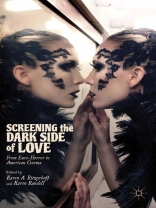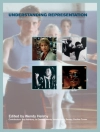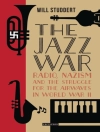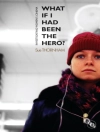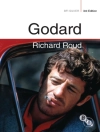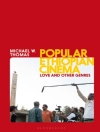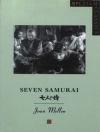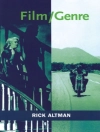How can love be understood globally as a problematic transgression rather than the narrative of ‘happy endings’ that Hollywood has offered? The contributors utilize varying methodologies of textual analysis, psychoanalytic models, and cultural critique and engage with a broad range of films to explore issues of gender identity and spectatorship.
Table of Content
Re-Imagining Censorship as ‘Reel’ Mutilation: Why not a G-rated Version of David Cronenberg’s Crash; J.S.Robinson The Whip and the Body: Sex, Violence, and Performative Spectatorship in Euro-Horror S&M Cinema; A.I.Olney Lars von Trier’s Anti Christ and the Australian ‘lost child’ Complex: Love, Loss and Emotional Indulgence; T.Waddell Black Bucks and Don Juans: Violent Romances of Race and Sex in Jane Campion’s In the Cut ; T.Lundy Mad Love: The Anxiety of Difference in the Films of Lon Chaney Snr.; K.Randell Love and Crime in Agatha Christie Films; M.Aldridge Monstrous Love: Oppression, Intimacy, and Transformation in Mary Reilly (1996); C.Miller Self-mutilation and Dark Love in Darren Aronofsky’s Black Swan (2010) and Michael Haneke’s The Piano Teacher (2000); K.A.Ritzenhoff Female Pleasure and Performance: Masochism in Belle de Jour and Story of O ; S.Deighan What’s in the Basket?: Sexualized and Sexualizing Violence in Frank Henenlotter’s Basket Case ; L.Cunningham Blood and Bravado: Violence, Eroticism, and Spain in Pedro Almodovar’s Matador ; M.Morris The Comedic Punch Line: Unpacking Scenes of Domestic Violence-as-humor in Tyler Perry Films; J.Hudson Obsessed and Fatally Attracted: The Gender and Racial Politics of Obsessed; S.Leonard High-Tech Pleasure: Seriality and Pornographic Body; S.Schaschek
About the author
Karen Randell is the program leader in Film and Television in the School of Media at Southampton Solent University.
